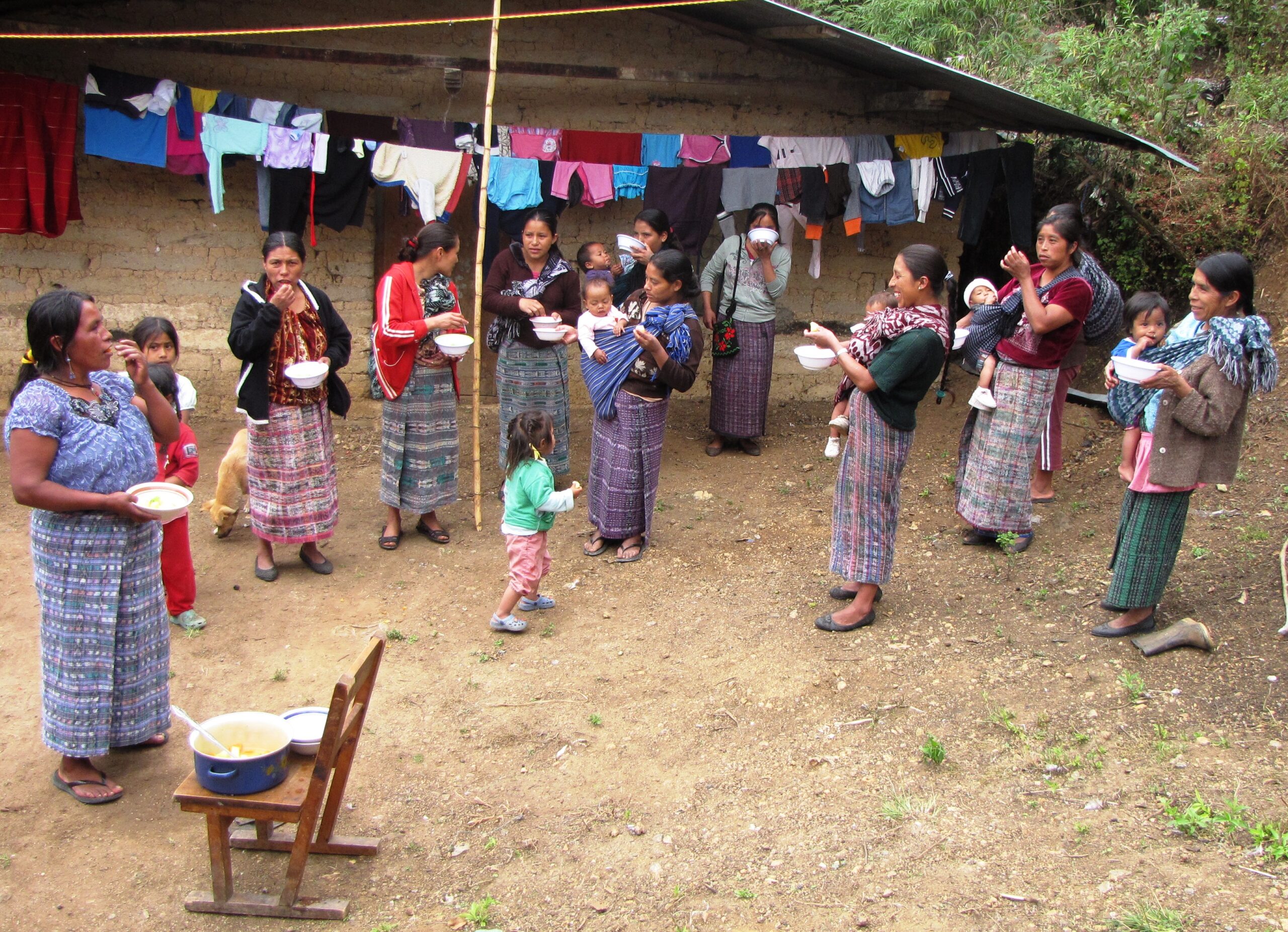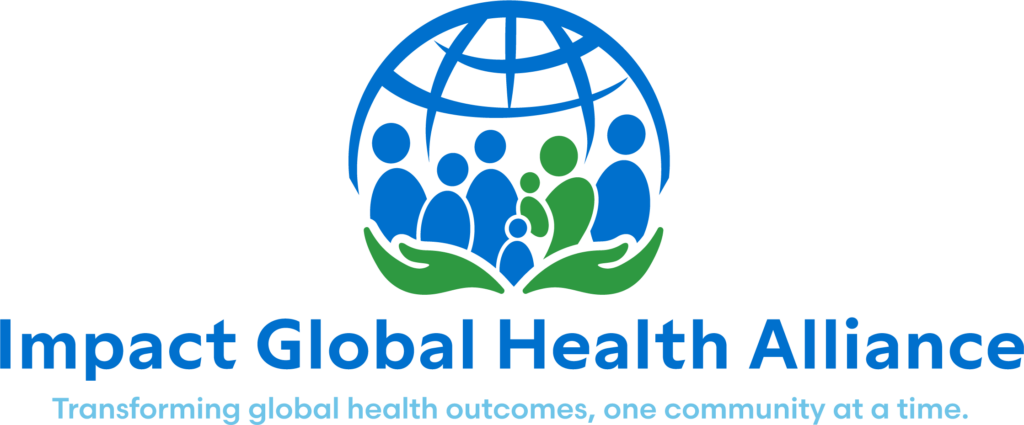My Experience
As a young adult woman in the early 1970’s and as a new nurse, I really started to think about women’s empowerment. I followed The Equal Rights Amendment (ERA) movement (link) which hoped to advance the equality of women. I admired Betty Ford (wife of President Gerald Ford, both from Grand Rapids, Michigan where I was born) who was actively involved. Although that amendment ultimately failed, feminism was gaining strength. However, I still endured some things at work that I know would really surprise today’s young nurses.
I remember the time that nurses (all women where I worked) had to give up their chairs at the nurses’ station to any doctor (all men) who entered. We then had to carry their heavy charts when making rounds. Who knows, as a young woman and nurse, how that sense of “less than” may have impacted my ability to freely advocate for mothers and babies. But at the time it certainly had a negative effect on my self-esteem and sense of professional empowerment. (Don’t worry, I got over that!)
So, the article “Reducing inequities in maternal and child health in rural Guatemala through the CBIO+ Approach of Curamericas: 8. Impact on women’s empowerment” (link) caught my eye. The following is my summary of that article.
The Research (2011-2015)
Why was this study done? Indigenous women in Guatemala have a high illiteracy rate. They live in a “machismo” society where men rule. They live in a house with their husband and in-laws and carry a low status in the family. Violence against women by men is high. Although women are responsible for the health of their children and themselves, they do not have the education, resources or confidence to adequately carry out that responsibility. This contributes to high maternal and child morbidity and mortality rates. After decades of experience, project researchers speculated that programs e.g. Care Groups (link) and Community Birthing Centers (Casa Maternas Rural) (link) would make a positive difference. Specifically, they would increase 1) a woman’s health-related decision making autonomy, (2) participation in community health activities and (3) a sense of empowerment. This is important because previous research has shown that there are better maternal-child health outcomes when women feel empowered and can make health-related decisions.
What was done? The researchers used a survey designed to study empowerment. It was administered to 599 mothers of children age 0-less than 24 mos. from two different geographical areas of the Mayan Highlands, Area A and Area B. Focus Groups (groups interviews designed to gather detailed information about a particular subject matter) were also held separately for mothers and women, the Care Groups volunteers (Comunicadoras), men, mother-in-laws, and one Health Committee, a total of 120 people.
What were the key findings from the survey?
Contact with a Care Group: increased 59.3% (Area A) and 49.4% (Area B)*
Decision-making regarding about contraception: increased 27.8% (Area A) and 27.3% (Area B)*
Participation in community meetings: increased 14.3% (Area A) and 17.3% (Area B)*
*statistically significant
Control of money for purchasing food for children: actually decreased 9% (Area A) and 4.1% (Area B)
What was learned from the Focus Groups? Most of the participants in the different focus groups saw improvements in the ability of the local mothers to direct their own lives. This was credited to the health education they received in Care Groups and the confidence they gained in attending and participating in community meetings. The research article includes many supporting comments from the women, men, and committee members, but this one in particular stood out to me:
“Before women had no rights but this has changed and we now have our rights.” Women’s Focus Groups participant.
What is happening now? The findings of this study supported the premise that Curamericas Guatemala Maternal Child Health Project facilitated increased empowerment of mothers. Since then, the work has continued but there is still much work to do. As the finding about control of money shows, the male dominance culture is very strong. Since the study, Male Health Educators were added to directly message men. It is understood that a change in the female/male traditional roles needs to occur before these women can actualize their potential. When I asked, “what is happening now,” a physician from the medical team responded that the gender role issue remains an obstacle, but a real emphasis is now being put on women’s empowerment within the project, with change expected “little by little.” I am hopeful that things will continue to change for them as they did for me.
MAKE A DIFFERENCE FOR A MOM!
If you would like to write a note or letter of encouragement to the mothers and mothers-to-be in the Guatemala project area, please send to Andrew Herrera, Executive Director, Impact Global Health Alliance (formerly Curamericas Global).
Email: [email protected]
Mailing Address: P.O. Box 1090, Holly Springs, NC 27540





